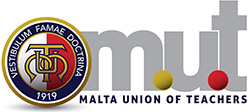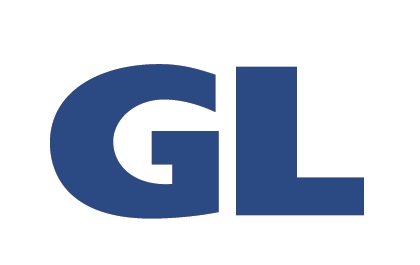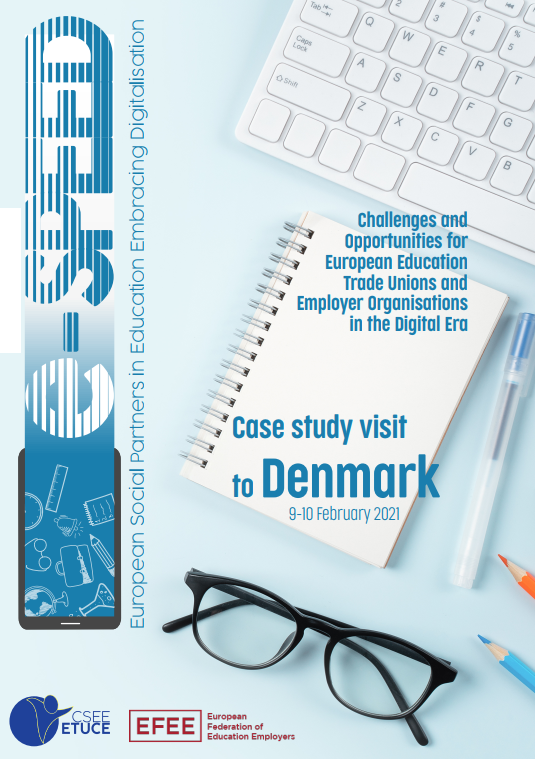Case Study Visit
Answering to the soaring level of digitalisation in society and the education sector, not at least due to the COVID-19 pandemic, the European Trade Union Committee for Education (ETUCE) and the European Federation of Education Employers (EFEE) aim to work towards an education environment that embraces digitalisation and is beneficial to students, teachers, trainers, school leaders and education personnel alike. This project allows for a joint reflection on the potentials of the digital era as a resource for the education sector beyond the pandemic.
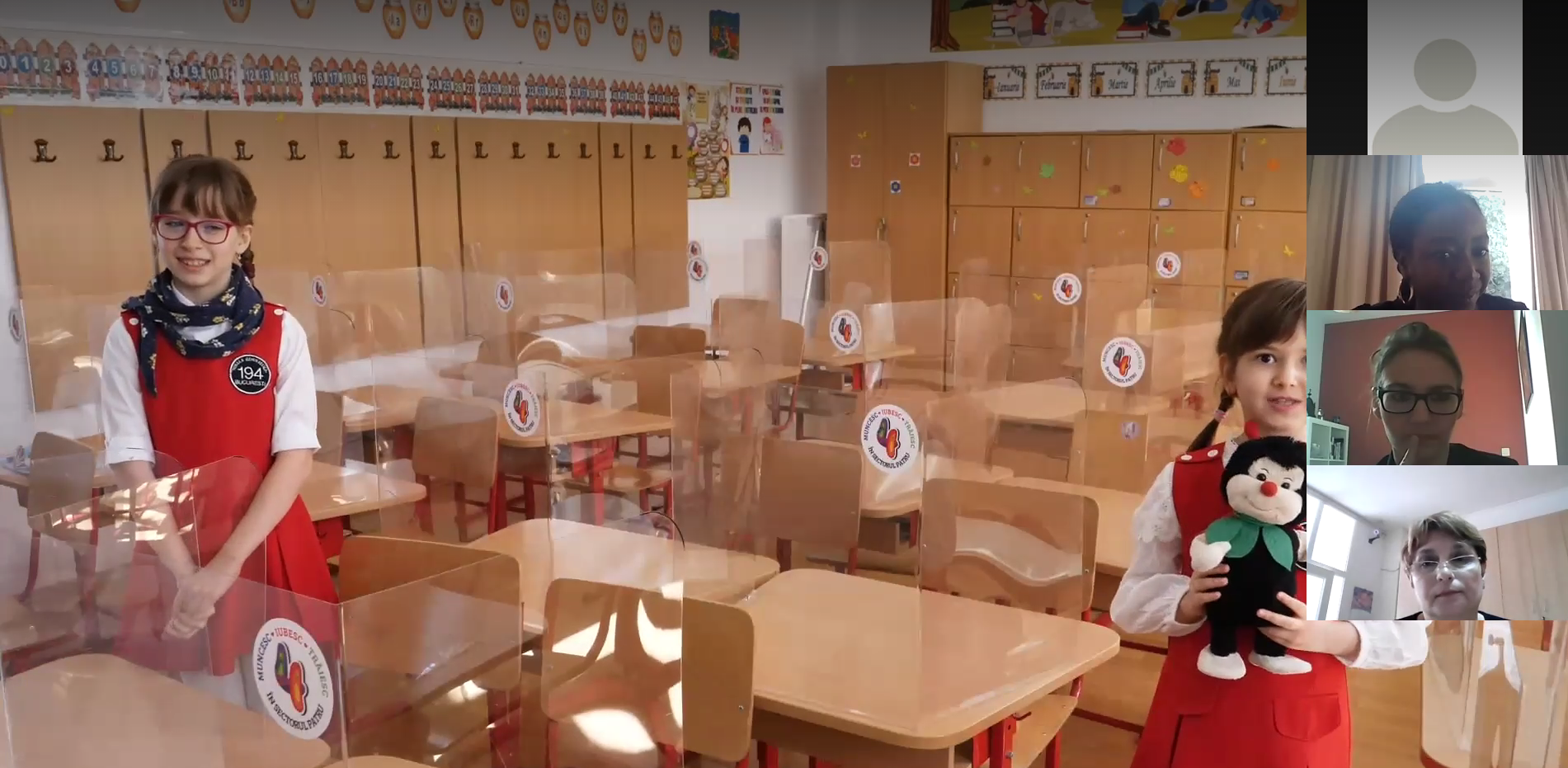
Funding
The project is co-financed by the European Commission.
AG members
- Anders Pors GL Denmark
- Anca Sipos Alma Mater Romania
- Valeria Mallia MUT Malta
- Barbara Schweighofer-Maderbacher GÖD Austria
Related topics
Related news
The e-Speed project has conducted two case studies visits at various education institutions in Denmark and Romania. Due to the COVID-19 pandemic, the case studies were held in a virtual setting, highlighting the importance of digital competencies in the 21st century. Their purpose was to obtain practical insights to the challenges and opportunities of digitalisation within the education sector through stakeholder interviews and discussions, which build upon the insights of the project’s survey.
The E-Speed Case Study Visit to Romania and Denmark Reports can be found here or at the bottom of this page
1st Visit: Denmark (9-10 February 2021)
For the first case study visit, education stakeholders at the Køge Gymnasium, Copenhagen and from the Teoretisk Pædagogikum, Professional Postgraduate Teacher Training Programme administered by the Southern University of Denmark were interviewed. Following online tours of the educational establishments, the research experts had the opportunity to interview various representatives from both institutions including teachers, students, and school leaders.

As it emerged from the Case Study, the Danish education system views digital education as an integral part of its overall mission. It aims at developpingstudents’ analytical and digital skills to become active and critical citizens in the digital era.
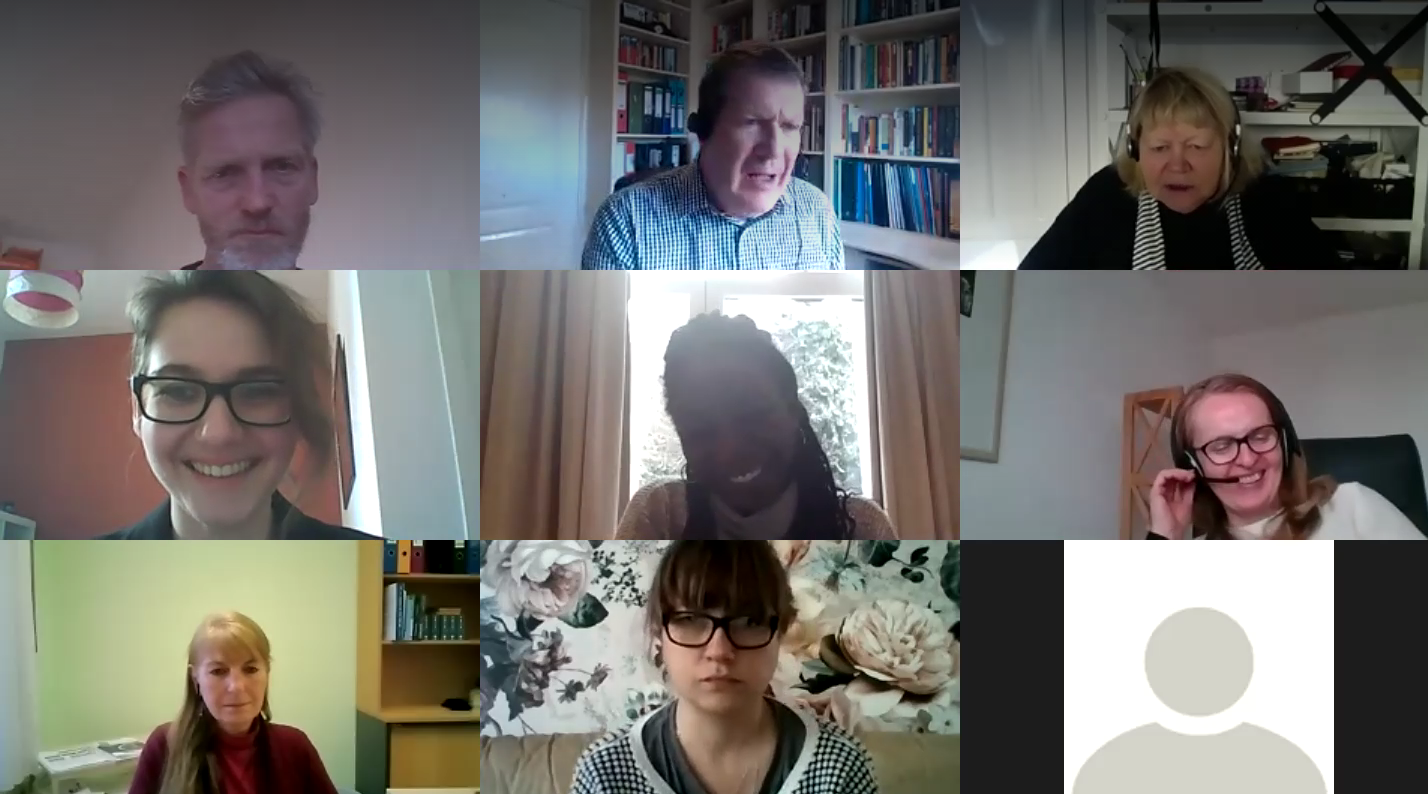
This concept is embedded in the broader special Danish education tradition of “Bildung”, a pedagogical concept referring to the holistic framework for education and training of young people. Digital tools are not merely used for their own sake but are integrated into the pedagogical context. Furthermore, thanks to a profound teacher autonomy enjoyed in the Danish education system, digital tools are used by teaching staff across all boards. Interviewees observed a more active role of students in the learning process and more collaborative ways to work and interact using digital tools in the classroom.
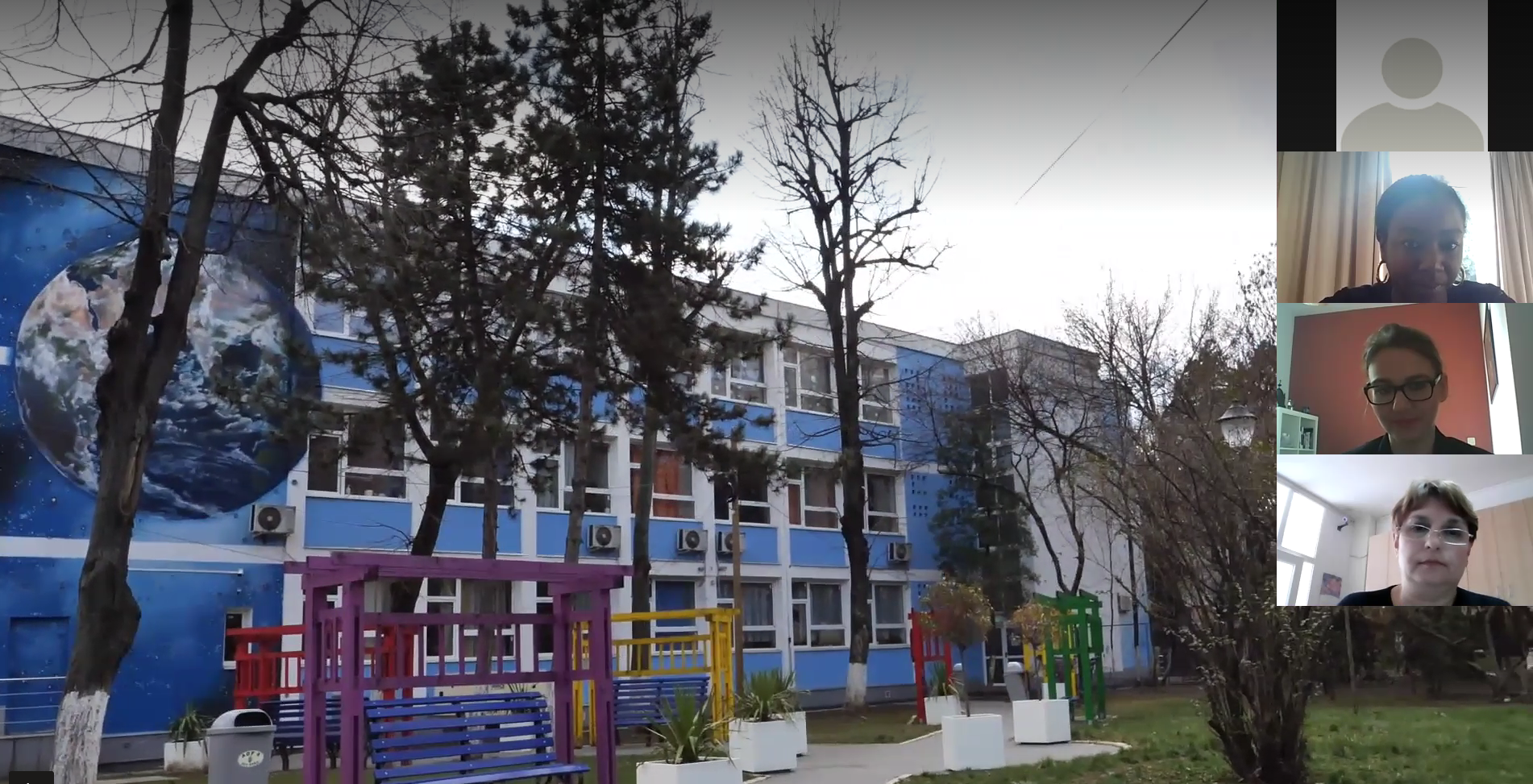
This high integration of digital tools in education has facilitated the switch to emergency distance teaching during the COVID-19 pandemic. Furthermore, digital education is an integral part of the Danish teacher training system, where training is held in a blended physical and virtual format and allows trainees to bring the digital platforms they use in the classroom to the training.
2nd Visit: Bucharest, Romania (20-21 April 2021)
The second case study visit was carried out at the Politehnica University of Bucharest and the Primary School no. 194 in Bucharest, Romania. During the virtual visit, both establishments provided online, lifelike tours of their institutions. The advisory group and research experts met students, teachers, rectors, and trade union representatives to discuss the process and impact of digitalisation at their respective institutions. The broad range of institutions visited allows the project to obtain a comprehensive overview of digitalisation processes across various branches of the education sector.
The findings show a far-reaching tradition of the use of digital tools in education. Both institutions have been using digital technologies for almost 10 years to support teaching, learning and assessment practices. These tools are further integrated in a complementary way to traditional teaching practices to ensure that students achieve their educational achievements. Both institutions seek to close the digital gaps among staff and student by nurturing a culture collaboration and offer peer and professional support to familiarise with the use of digital tools.

